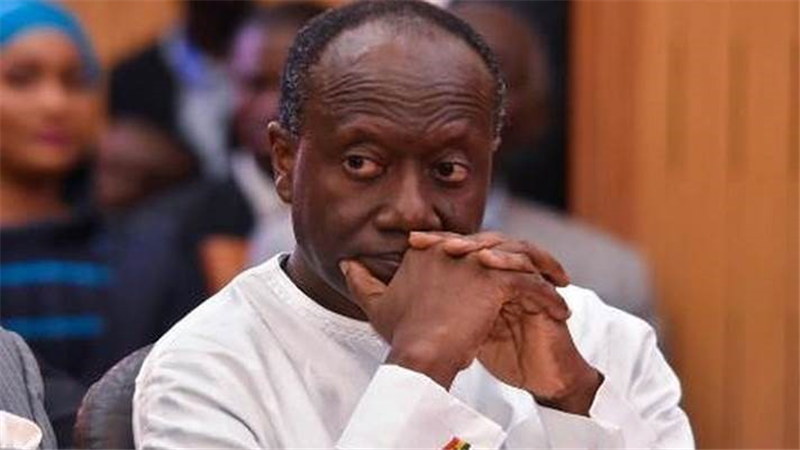Databank has withdrawn from the controversial Agyapa Royalties Deal , where Ghana’s gold mineral resources were expected to be be mortgaged.
According to the DailyGraphic Databank had written to the Directors of Imara TA holdings , one of the foreign firms acting as transactional advisers to withdraw from the deal.
Read More:
Databank was at the centre of the controversy after its involvement in the transaction . The decision it says was based on attempt by certain persons to tarnish its reputation.
The deal was put on hold last year by government after some fierce resistance from civil society groups. They argue the deal lacks transparency and was not in the interest of Ghana .
About the Agyapa deal
The income investment agreement between the Government of Ghana and the Minerals Income Investment Fund, Agyapa Royalties Ltd and ARG Royalties Ltd centres around transactions to monetise gold royalties entered into under the Minerals Income Investment Fund Act 2018 (Act 978).
The target is for the arrangement, once executed, to make immediately available to Ghana US$500 million, with another $500 million to follow.
Financial firms urged to withdraw
Transparency International (TI) is urging financial institutions and lawyers in the UK who are involved in the controversial Agyapa mineral royalties deal to withdraw their interests.
The Anti Corruption Agency in a post on its website on Tuesday December 22, 2020 said it had forwarded a copy of its submission to J.P. Morgan, Bank of America Merrill Lynch International and law firm White and Case.
The post said its case to the financial institutions and law firms was the position of some 30 Ghanaian and international civil society organisations that the deal smacks of corruption.
The post said although the various CSOs held the view that the deal presented conditions rife for corruption, that position was strengthened by the revelations of the former special prosecutor, Martin Amidu in his corruption risk assessment which “raised red flags over the risks of money laundering in the deal and possible bid-rigging in the contracting of advisors.”
TI said Amidu’s work “gave further impetus to the advocacy for a review of the Agyapa Royalties deal.”
There are serious red flags in how this deal was set up. Concerns have been raised by civil society actors around inadequate stakeholder consultation, transparency and the valuation of the deal. Other concerns bother on the way transaction advisors became involved in the process and a lack of public oversight over the company at the heart of the deal. It is crucial for Ghana that the western financial institutions and regulators involved in this deal take these concerns seriously. They must not facilitate schemes that may end up plundering Ghana’s mineral resources in the name of investment,” she said.
Source: Ghextractives.com

